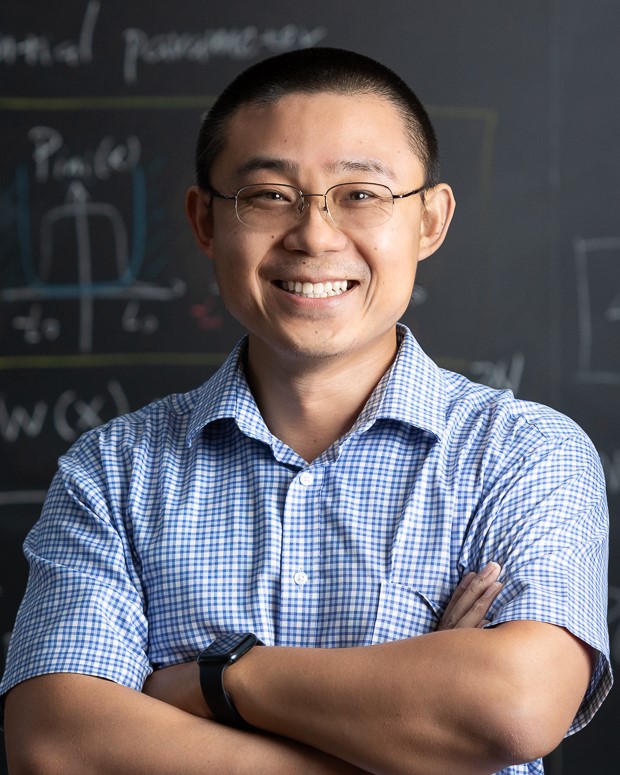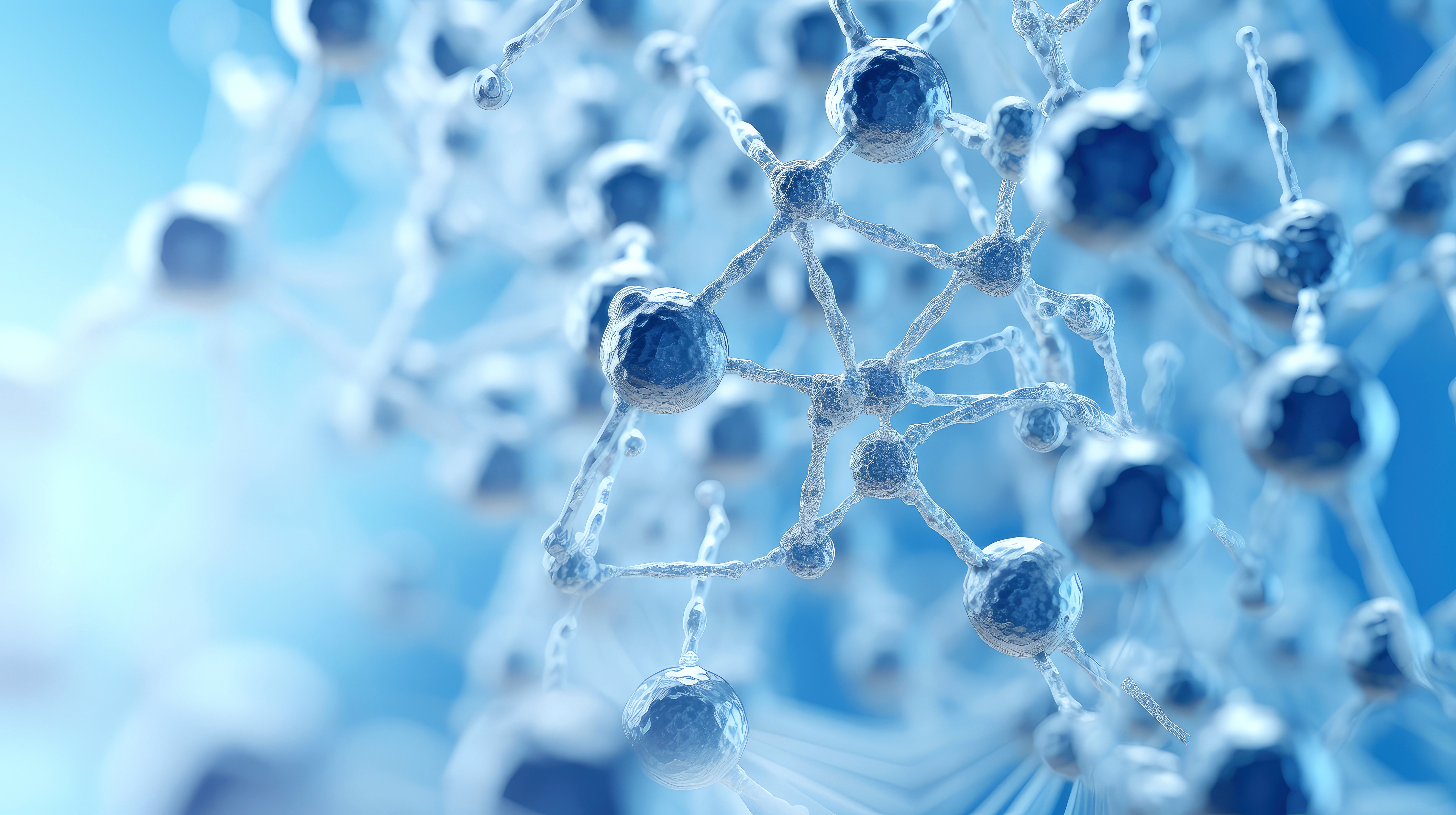
Zhiyue Lu
Assistant Professor
Caudill Laboratories 20919-962-1696
zhiyuelu@unc.edu
Group Website
Curriculum Vitae
Research Interests
Nonequilibrium thermodynamics, theoretical and computational statistical mechanics, molecular machines, chemical physics of living systems.
Research Synopsis
Living cells use highly complex, nonequilibrium and dynamic mechanisms to transduce energy, sense, process information, adapt, make decisions, and generate motion. These cellular functions are carried out very far from thermal equilibrium, and they are surprisingly robust against large environmental fluctuations. Due to the nonequilibrium nature and the complexity of these cellular processes, they cannot be described well by existing statistical physics theories. The Lu research group combines nonequilibrium thermodynamics theory and numerical simulation approaches to reveal the fundamental physical principles underlying these complex cellular functions. Furthermore, we apply these principles to designing smart artificial materials and biomimetic devices. The range of applications include self-healing materials, programmable biomedical nanorobots, and adaptive drug delivery system. Specific topics of our focus include temporal-responsive materials, cellular information processing, biochemical analog computers, kinetically enhanced molecular separation, and energy harvesting from nonequilibrium environments. Please feel free to contact me to suggest your brilliant ideas. We welcome applications from talented undergraduate, graduate, and postdoctoral scholars. We seek individuals from varied academic backgrounds, with interests in thermodynamics, statistical mechanics, biological physics, computational biology, and complex systems.
Professional Background
Postdoctoral Scholar University of Chicago, 2016-2019; Ph.D. University of Maryland at College Park, 2016; B.E. Beijing University of Chemical Technology, Beijing, China, 2010



